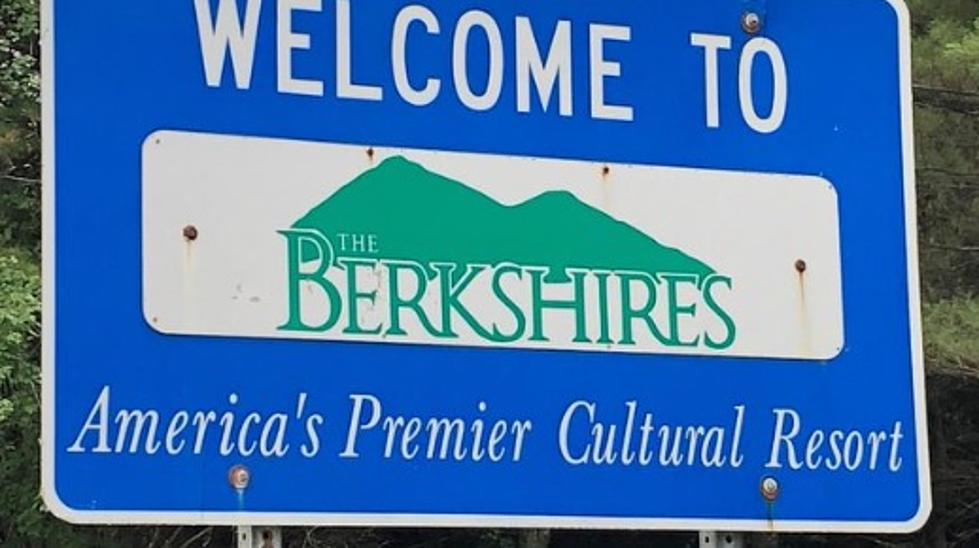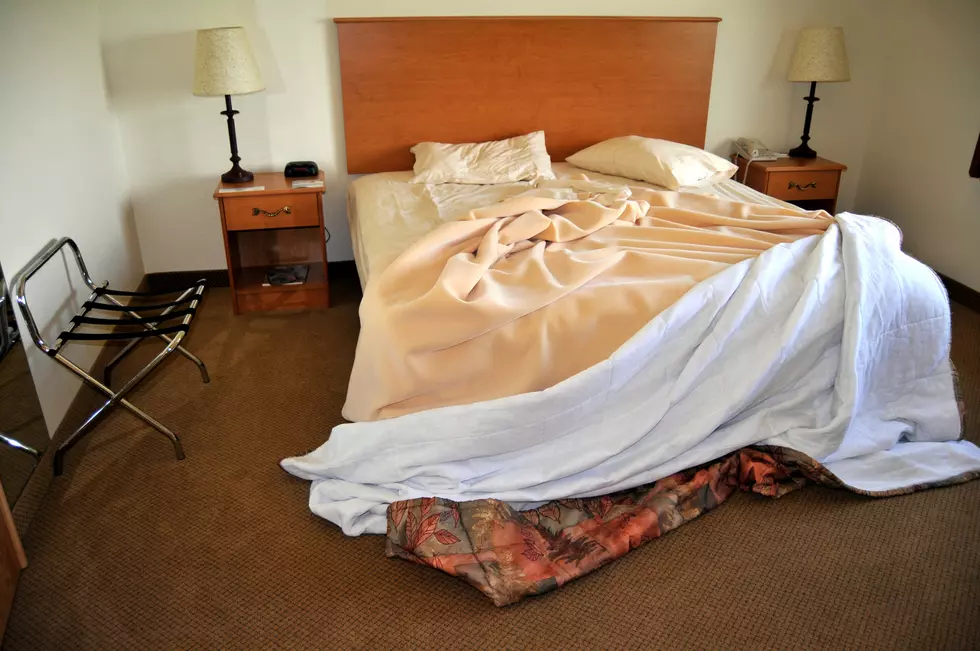
Alert: Black Bears Active and Seeking Food
As posted on the Town of Sheffield's website, due to recent reports of bear sightings and problems from Rte 495 to the Berkshires, MassWildlife is reminding police departments, ACOs, conservation commissioners and other municipal officials that black bears have emerged from winter dens and are actively looking for food. A bear recently destroyed a chicken coop in Chelmsford, killing several birds, while bee hives have been raided in other parts of the state. In these cases, the hives and coops did not have electric fencing, which provides the only real protection from hungry bears. In the Connecticut Valley and Berkshires, attacks on sheep, alpacas, and goats have been reported. Birdfeeders from the Route I- 495 corridor to the Berkshires are being destroyed or emptied for seed and suet. This reminder is offered to underscore that the only way to prevent repeat bear visits and to minimize potential conflicts is to remove all sources of food and properly secure animals.
The only way to prevent repeat visits is to remove or properly secure all sources of food. Bears that learn to feed at bird feeders, raid chicken coops, rabbit hutches and beehives, rummage through trash and compost or attack livestock will repeat this behavior. If these foods are available, bears will continue to spend time in neighborhoods, backyards and farms increasing the likelihood of adverse encounters. Everyone needs to do their part to keep bears wild and out of trouble by taking preventive and responsible actions.
WHEN A BEAR IS REPORTED IN YOUR COMMUNITY--ADVICE FOR POLICE and ANIMAL CONTROL OFFICERS
• Leave the bear alone and advise callers to do the same.
• Keep people far away and do not try to follow or track the bear. Pursuit stresses the animal and risks it bolting into traffic or a group of bystanders. Bears will often climb a tree to avoid people; leave the bear alone and it will come down when all is quiet and it feels comfortable. In most situations, a bear will find its way back into a more suitable area if given the chance.
• Contact Mass Wildlife. During business hours contact your local Mass Wildlife District Office or the Mass Wildlife Field Headquarters at (508) 389-6359 to report sightings and get advice. If you need advice before/after business hours, on weekends, or holidays, contact the Environmental Police Radio Room at 1-800-632-8075.
• If a bear is in a situation that may cause a public safety threat, contact Mass Wildlife or the Environmental Police. The risk presented by a bear in a densely populated area can be assessed by the Environmental Police or Mass Wildlife. The agencies will provide advice and determine if deploying the Large Animal Response Team (LART) is necessary. LART consists of Mass Wildlife biologists and Environmental Police Officers with specific training in chemical immobilization of large animals. Decisions on the appropriate response in these situations are governed by a standard protocol addressing public safety threats. In most cases, bears in residential areas do not require a LART response and will leave the area on their own.
ADVICE FOR CITIZENS
Urge homeowners and food-related businesses to remove or secure all food sources including bird feeders, trash, open compost bins or dumpsters, pet food, and grain. Bears are smart and will learn these are predictable and readily available sources of food, which puts people and pets at greater risk. Poultry and rabbit owners, as well as beekeepers, should invest in electric fencing to protect their coops, hutches, and hives.
People should be aware that irresponsible human behavior also puts bears at risk. Massachusetts General Law allows bears to be destroyed by property owners if bears are discovered raiding hives, chicken coops, rabbit hutches, or attacking livestock or pets.
Visit the bear web pages at www.mass.gov/bears or contact Mass Wildlife’s Field Headquarters at (508) 389-6359 for assistance with electric fencing, securing livestock or other information.
More From WSBS 860AM









